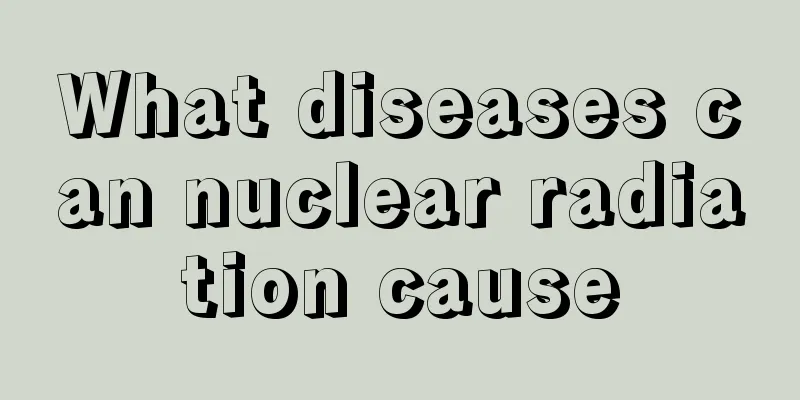Manifestations and treatment methods of infusion allergic reaction

|
Normally, when you have a cold or some inflammation in the body, most people use intravenous infusion to relieve the patient's pain. However, only these minor illnesses can be treated with intravenous infusion. Most diseases can be treated through experiments, but not everyone is suitable for intravenous infusion treatment, such as people who are allergic to infusion. Let's take a look at the manifestations and treatment methods of infusion allergic reactions. 1. Fever reaction: It is often caused by the infusion of pyrogenic substances (pyrogen, dead bacteria, free bacterial protein, other protein and non-protein organic or inorganic substances). The mechanism is that some factors during the infusion process directly or reflexly cause systemic capillary spasm, leading to microcirculation disorders and a series of symptoms. 2. Acute pulmonary edema is caused by excessively rapid infusion. The mechanism is that the pulmonary venous pressure increases rapidly, and the pulmonary capillary pressure increases accordingly, causing the fluid in the blood vessels to infiltrate into the pulmonary interstitium and alveoli to form acute pulmonary edema. Treatment of infusion reactions and drug allergic reactions: If an infusion reaction or drug allergy occurs, stop the infusion immediately, replace the infusion set and fluid (keep for future reference), and be prepared for emergency treatment. However, the needle cannot be removed because reinsertion of the vein may be difficult, leading to a delay in emergency treatment. Suggestions: For fever and serum-like reactions, immediately give dexamethasone 0.3-0.5 mg/kg intravenously and promethazine 0.5-1 mg/kg intramuscularly, and at the same time give warming, oxygen inhalation, physical cooling or antipyretic drugs such as acetaminophen. If the patient has symptoms of anaphylactic shock such as chills, high fever, cyanosis of the lips, profuse sweating, cold limbs, and difficulty breathing, immediately inject epinephrine 0.01-0.03 mg/kg intramuscularly and repeat the medication every 15-30 minutes. At the same time, give an intravenous drip of hydrocortisone 5mg/kg, up to 3 to 4 times within 24 hours, etc. Avoid spicy and greasy food, drink plenty of water, quit smoking and drinking, and pay attention to rest. It is recommended to stop using amoxicillin and clavulanic acid and use other antibiotics. Anti-allergic drugs can be used, such as cetirizine, vitamin C tablets, and calcium tablets. Because in order to get rid of the disease faster, in addition to medication or surgical treatment, most patients also need intravenous infusion to achieve better treatment results and recover health faster. However, some people will have allergic reactions during the infusion process. The manifestations and treatment methods of allergic reactions have been introduced above. I hope it can help people with allergies. |
<<: Methods for treating phlebitis caused by infusion
>>: Introduction to drug factors and causes of common infusion reactions
Recommend
Does having sex the night before a gynecological examination have any impact?
In daily life, women will experience many gynecol...
How to make glutinous rice clay pot rice
The main ingredient used for clay pot rice is ric...
How to treat anal pricking pain?
If there is a pricking sensation in the anus, it ...
What are the benefits of drinking bitter buckwheat soaked in water
It is convenient and simple to drink ancient buck...
What are the symptoms of chronic non-atrophic gastritis?
We need to learn more about the symptoms of chron...
What is the cause of hypertrophic non-obstructive cardiomyopathy
Many people do not understand the cause of hypert...
What are the dangers of liver cancer
What are the dangers of liver cancer? Speaking of...
Can a sexless marriage last a lifetime?
Marriage is what every man and woman in love look...
What are some tips for repairing the stratum corneum?
If the stratum corneum of our skin is too thick o...
Is Bianstone authentic
Bianstone is a very special stone, not because of...
How long is the best time to soak in a hot spring
Many people like to soak in hot springs because t...
Correct way to use orthodontic wax
Having a good image will always leave a deep impr...
What is the bone marrow transplant process like?
Bone marrow transplantation is highly recommended...
What foods are good for liver cancer? Eat these foods if you have liver cancer
With the development and progress of society, can...
Soaking your feet in peppercorns can hurt your kidneys
In life, we can always learn some health knowledg...









